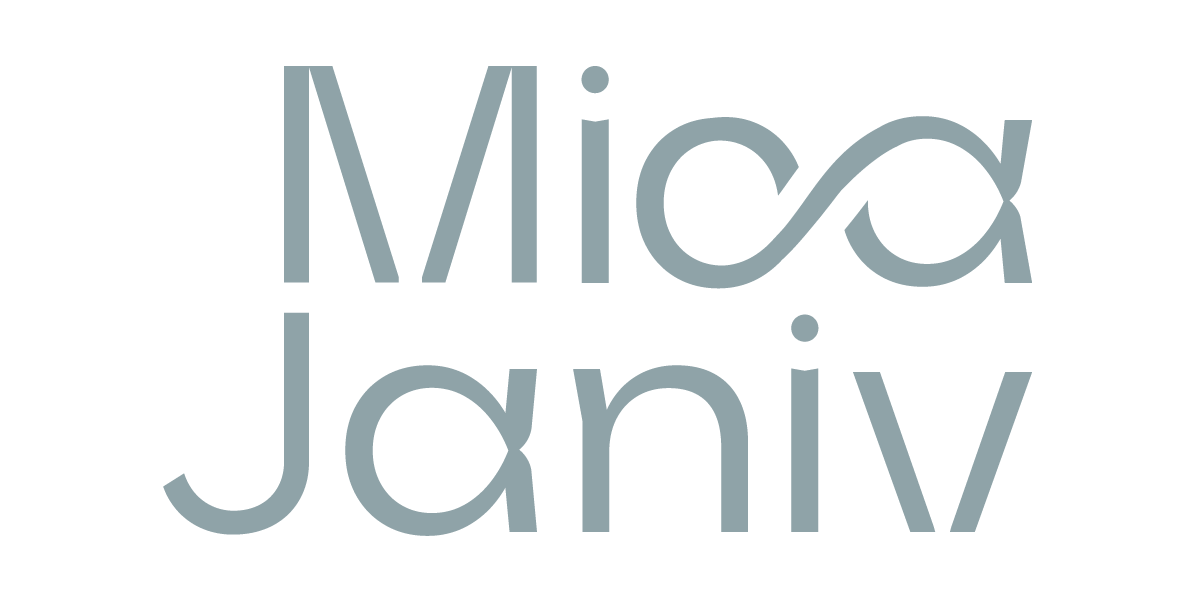

Mica Janiv

East Sussex, United Kingdom
October 2024
Environmental consulting
Service with Minor Environmental Footprint
United Kingdom
Mica Janiv specialises in helping businesses on their B Corp journey and beyond. Her mission is to educate, inspire, advise, partner and communicate on how businesses of all sizes can reshape their systems, shift into circularity, and safeguard our planet. Mica believes we have a collective responsibility to share knowledge and inspiration, which is why communicating on sustainability is part of her package. As a B Corp certified sole trader, Mica works with a diverse range of industries, settings, teams and other individuals. She holds a certification in Circular Economy & Sustainability from Cambridge Judge Business School and is a regular guest lecturer at Sussex University Business School. Mica prides herself on being an activist. She’s been working in sustainability for nearly 30 years and in the past it was akin to shouting into an empty room. Now we are in a moment of fast transition. For Mica, this presents a beautiful opportunity to drop the compromise. A gentle approach to sustainability is no longer necessary. Working alongside Mica, it's important to note that you and your business will be pushed into making the strongest positive impact possible. Mica janiv does this job to make change.
Overall B Impact Score
Governance 10.7
Governance evaluates a company's overall mission, engagement around its social/environmental impact, ethics, and transparency. This section also evaluates the ability of a company to protect their mission and formally consider stakeholders in decision making through their corporate structure (e.g. benefit corporation) or corporate governing documents.
What is this? A company with an Impact Business Model is intentionally designed to create a specific positive outcome for one of its stakeholders - such as workers, community, environment, or customers.
Community 44.2
Community evaluates a company’s engagement with and impact on the communities in which it operates, hires from, and sources from. Topics include diversity, equity & inclusion, economic impact, civic engagement, charitable giving, and supply chain management. In addition, this section recognizes business models that are designed to address specific community-oriented problems, such as poverty alleviation through fair trade sourcing or distribution via microenterprises, producer cooperative models, locally focused economic development, and formal charitable giving commitments.
Environment 11.7
Environment evaluates a company’s overall environmental management practices as well as its impact on the air, climate, water, land, and biodiversity. This includes the direct impact of a company’s operations and, when applicable its supply chain and distribution channels. This section also recognizes companies with environmentally innovative production processes and those that sell products or services that have a positive environmental impact. Some examples might include products and services that create renewable energy, reduce consumption or waste, conserve land or wildlife, provide less toxic alternatives to the market, or educate people about environmental problems.
Customers 32.5
Customers evaluates a company’s stewardship of its customers through the quality of its products and services, ethical marketing, data privacy and security, and feedback channels. In addition, this section recognizes products or services that are designed to address a particular social problem for or through its customers, such as health or educational products, arts & media products, serving underserved customers/clients, and services that improve the social impact of other businesses or organizations.
What is this? A company with an Impact Business Model is intentionally designed to create a specific positive outcome for one of its stakeholders - such as workers, community, environment, or customers.